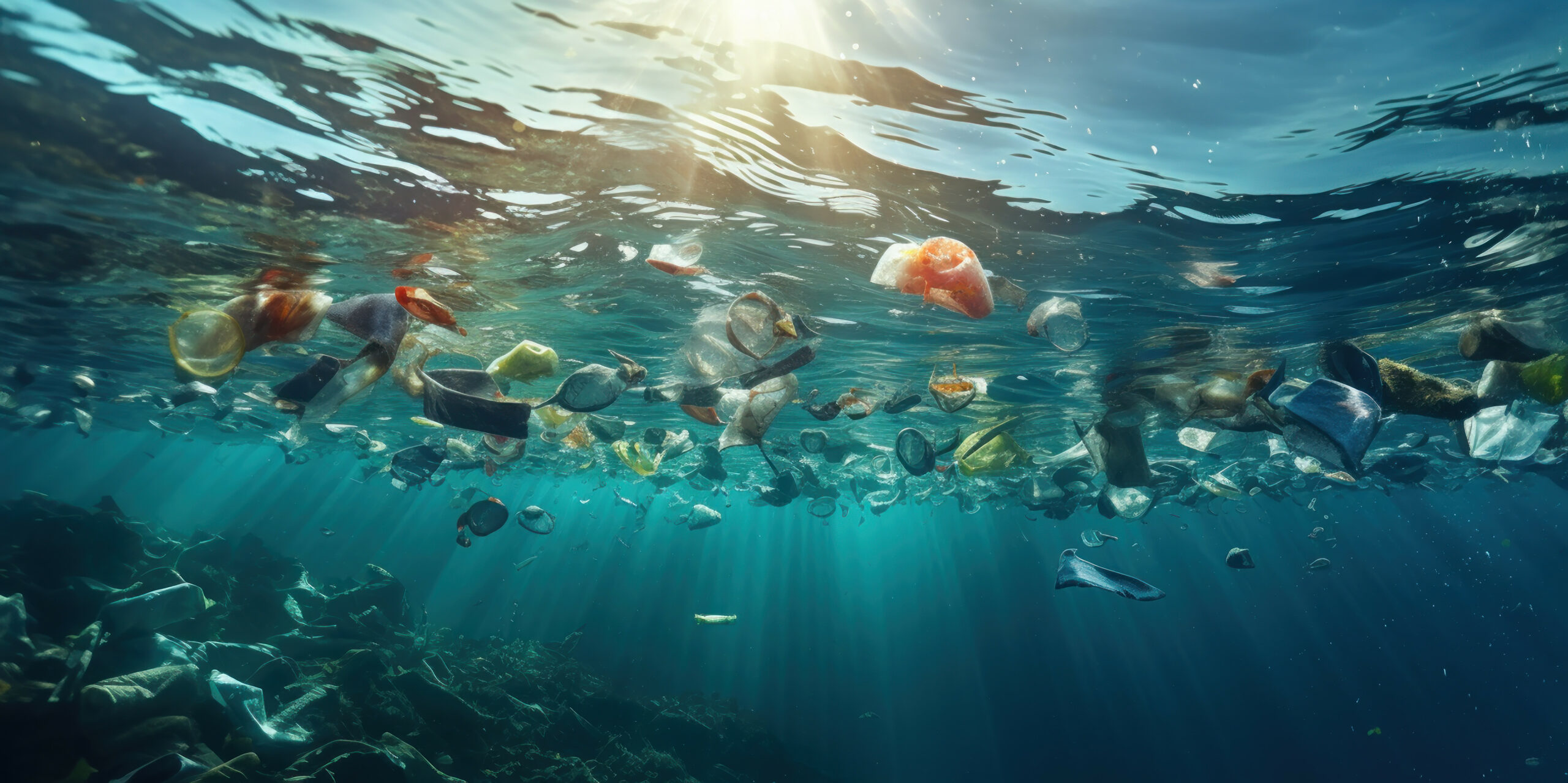By Glen Lubcke, Supervisor of the Natural Resources Group at SDG&E
A Lifelong Passion
Sustainability has always been a focus of my education and my career, and as sustainability became synonymous with shifting corporate cultures over the past 30 years, I have had opportunities to work on projects examining how sustainability can impact corporate practices at all levels of the supply chain. I developed sustainability metrics and reporting measures to help large corporations improve in areas such as waste reduction and carbon footprint minimization. These efforts often include a community engagement piece that can lay the groundwork for young minds, something I didn’t have access to growing up. Youth education is vitally important in fostering concern for the environment and a core part of the Ocean Connectors mission, where I now serve on the Advisory Board.


The Evolution of Sustainability
From its inception in the mid-90s, the term sustainability has undergone significant evolution and expansion into a well-refined and broadly used term that is meant to depict how an organization—be it a pop-up vendor, a brick and mortar business, or even a large corporation—has embraced the idea that the bottom line is not simply all about profit and that there needs to be a greater purpose. With the proliferation of important bodies of knowledge such as the “Triple Bottom Line” wherein the focus shifted to “people, planet and profit”, organizations of all shapes and sizes began to take a closer look at how their operations and supply chains impact the environment. They started to realize that even small changes in organizational culture, by leading from the top down and the bottom up, could result in reductions in their carbon footprint, water use, and non-renewable materials, as well as contribute to the greening of landscapes, buildings, and company fleets, all of which not only boost profitability but can lead to better employee morale and satisfaction.
Whatever sustainability means to the individual, to a small business, or to a multinational conglomerate, one thing is certain: sustainability, at its core, is about changing behaviors. And changing behaviors, or adopting new ones, can be slow, costly, and challenging, like anything else that involves embracing a new perspective. While the maturity of sustainability knowledge is at an all-time high, what remains a constant challenge to the areas of ecological conservation and sustaining natural resources is that changed behaviors are not coming fast enough for those of us who work in any aspect of environmental or natural resources management.
Empathy and Understanding Bring Hope
Where I see a glimmer of hope is what is happening in small corners of communities where grassroots organizations such as Ocean Connectors are “doing” rather than “undoing” by getting into the classrooms of young students that often have the least amount of exposure to issues about the environment. Instead of just changing behaviors, Ocean Connectors is laying the foundation for sustainable lifestyle choices that all humans on this planet should cultivate: understanding, concern, and empathy for ocean resources and the environment, in general. It’s a more promising investment to instill the importance of sustainability starting with our youth rather than hoping behavioral changes will build enough momentum to tackle some of our greatest environmental challenges. This is the hard work that matters most, and this is the work that pays dividends for our future as a species.




